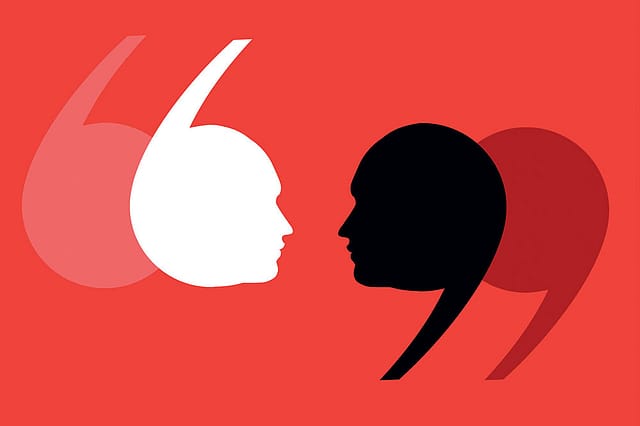Editor’s Note

One subject that echoed in Parliament and outside in the last couple of days was Emergency. On the 49th anniversary of the dark pause in the evolution of democracy in India, there was certainly a need, not purely rhetorical, to keep memory alive as a caution against the temptations of power. Predictably, it was not for the newly energised Congress, now leading the
Opposition in the House, to revisit a bad piece of history it authored with some modesty. Instead, the claimant to India's oldest political tradition chose to be on the defensive, once again reminding us that remorse is a rare emotion in politics. It takes the openness of the mind to make retrospection an act of confidence and conviction, for an admission of guilt on behalf of a cruel past is not to remain guilty but to engage with the moral imperatives of the present.
Change is felt more not in the exercise of power—no variation is new enough to shock us anymore—but in the perception of it. Power is on trial, and arguments are accentuated by the ethical standards of traditional as well as social media. It is not the instincts of the ruled and the resentful alone that punish power. The jury from the argumentative class, with multiple platforms at their disposal, is out. In some of the most evolved democracies of the West, the nature of power and the attitudes—cultural or ideological—of its pursuers are constantly subjected to reappraisals, intensifying the debate on the compatibility of freedom and morality. Ideology is back.
AIming High
20 Feb 2026 - Vol 04 | Issue 59
India joins the Artificial Intelligence revolution with gusto
A good example is the story of Joe Biden, an establishment politician of rare vintage, who has become a necessary anomaly for the left in the face of the Trump surge. His re-election campaign brings out the limits of choices in the ideological war. The traditional left and the aggressive progressives are united against the usurper who has made a huge constituency of the angry and the aggrieved. The conversation on politics is as gripping as the trajectory of politics.
Across the Atlantic, it's again the return of ideology that makes mainstream conservatives less acceptable and the far right more representative of the angry base. A long spell in the wilderness seems to have contributed to the left's turn to the centre, suddenly a natural choice for governance. The hardening of the right and the softening of the left only reflect how power—or the absence of it—alters old ideologies in a new world. The cracked centre in France and the right's eruption across Europe, too, reveal how the resurgent ideologies' slogans of national redemption are gaining traction wherever the centrists have taken themselves for granted. Politics has become not just a home to revolutionaries without a book. It has acquired the ambition of an alchemist's laboratory. It is for us to reject or debate the competing visions of salvation.
Talk about political alchemy and India offers some original lessons, keeping alive the tradition of being terrifyingly instinctive in its attitude towards the transgressions of power. The change in India has a starker political accent, though its civilisational backstory at times is marred by the kitschy triumphalism of the fringe. The intellectual class that refuses to engage with change has already made rejectionism a respectable position. What it denies us is honest dissent from those who have the creative resources to examine a history of grievances and vandalisms, indoctrinations of the state and the suppression of the oldest social affinities like religion. Rejectionism is not sustained by ideas; it is the retreat of ideas into the airless chamber of certainties.
Which doesn't mean that the appreciation or endorsement of change has launched a new intellectual establishment. There is no denying the fact that the sacred tenets of the old intellectual order are being challenged by new arguments about the nation and its cultural ancestry. There are also revisionists and debunkers who add a lot to the rhetoric but little to scholarship or the dissemination of ideas. Is the sweep of change in the politics of the right matched by the power of an intellectual class? Is it that conservative growth in India is restricted because your average conservative thinks it is morally obligatory to support the government of the right persuasion unconditionally? Such questions will remain insufficiently answered in a country where the rightwing project is being built in a space that is not fully vacated by the old order. Still, the politics of change outpaces ideas that pretend to make sense of it.
The assertiveness of nationalist politics needs to be complemented by the originality of thought, not the shrillness of triumphalism. India is getting used to both. And that is how it begins in the history of nations breaking out of the enforced sociology of welfare. Fresh minds have begun to read the nation—and challenge the received wisdom about the cultural identity of being Indian. The churn in Indian politics can afford more of them—and their disagreements, too.
This issue of the magazine is a celebration of minds that make the Indian life, political and cultural, an enchantment of enquiry. Their openness allows the present to be redeemed by an imagined future.
